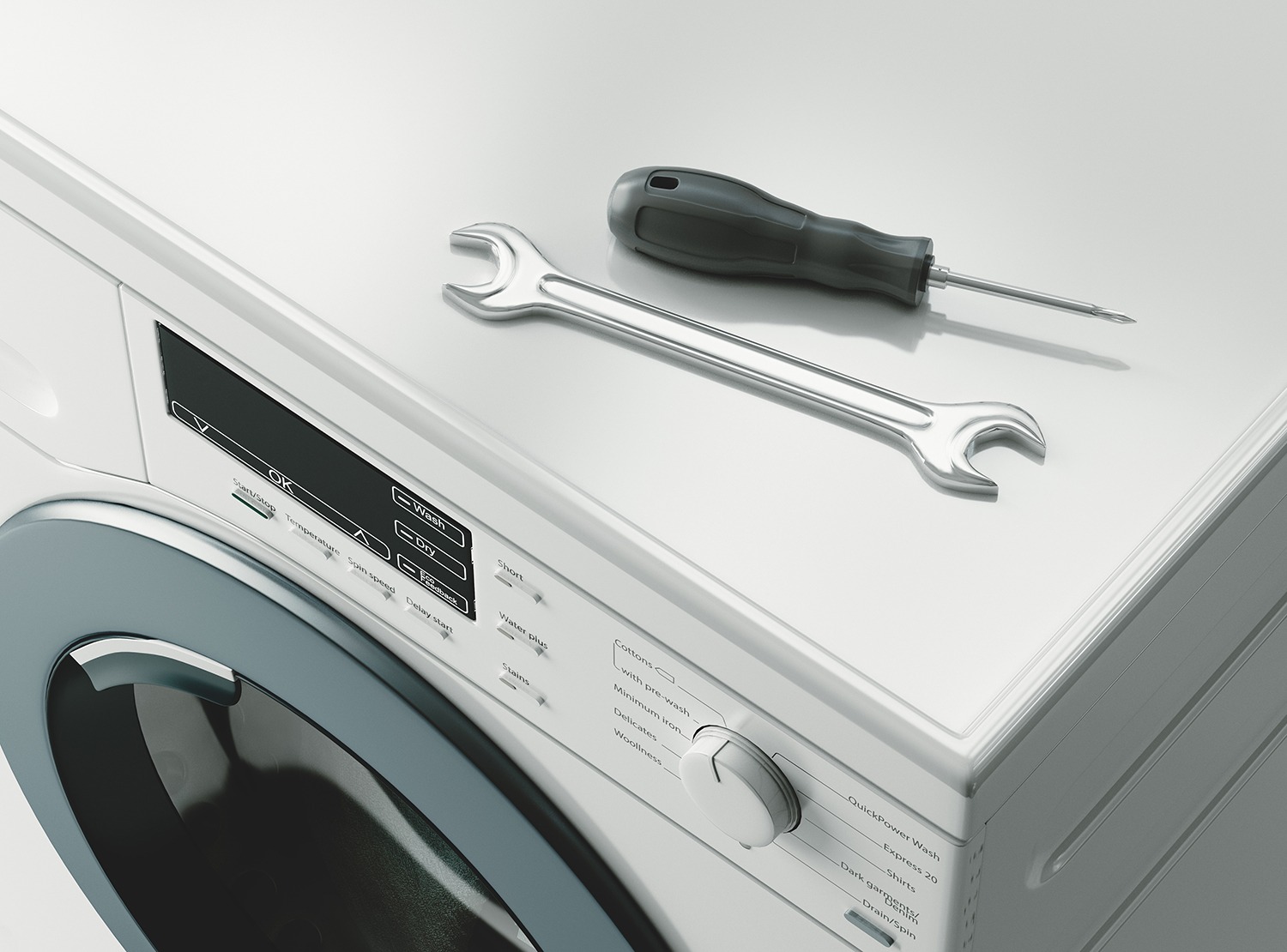Washing machines work hard to clean your laundry. But sometimes they too need a cleaning, while wear and tear can become a problem if the washer and dryer aren’t properly maintained. These tips cover good habits and maintenance steps to help the machine last longer. They can also prevent inconvenient and costly breakdowns.
Clean It Regularly
After each use, wipe down the interior of the washing machine drum, the component where your clothes go and that contains the water, so it doesn’t leak. Wipe away any residue in the detergent compartment and clean the drain, hose, door, and gasket. Regular cleaning enables the machine to work more efficiently and prevents mold and mildew from causing foul odors.
Use a manufacturer-recommended product or bleach, baking soda, or white vinegar for cleaning your washing machine.
Check for Leaks
There are a few leak points to be aware of. These include the rubber seal used to connect the washing machine hose with the water source. It can start to deteriorate over time, which can cause cold or hot water to leak. Also check hoses for loose fittings, bulges, cracks, or other signs of deterioration.
Look for Wear and Tear
Check the belt for any signs of wearing out. You might have to adjust your laundry cycle if it wears out more quickly than expected. For example, smaller laundries can increase wear. Also check for worn bearings or loose screws that can cause the machine to work improperly.
Make Sure It’s on a Level Surface
If the washing machine isn’t level, excess vibration can loosen connections and cause mechanical damage inside the unit. To avoid problems, place the machine on a level surface or adjust the feet if necessary.
Repair It As Soon As Possible
Don’t put off repairs. If there is a problem, it can cause more extensive damage, leading to costly repairs and replacements. Call a repair company if the machine’s performance declines, there are loose parts, or you notice unusual noises.
Don’t Overload the Washer
Sometimes, you may want to save time by washing more clothing. But overloading the washer puts enormous pressure on washer components. It can damage the exhaust and cause the machine to be off balance. Smaller loads are better for standard and energy efficient washers.
Remove Clothes Immediately
Wet clothes left inside can start to smell musty or moldy. Immediately remove them when the wash is over. And always be home when the washer is running so you can move its contents to a dryer or hang them up.
Leave the Washer Door Open After Use
After a wash cycle, keep the door ajar, or else unpleasant odors might build up inside. Fortunately, this can be easily prevented.
Use the Right Detergent
Follow the recommendations for your model. If you have a high-efficiency washer, it might require a low-suds detergent. Also, measure the amount of detergent added; too much can leave behind residue.
Clean the Dryer Lint Trap
Clean the lint trap after each use, or lint may build up, impeding airflow and increasing the risk of a fire. This is a quick and easy way to maintain your dryer, improve its function and operating life, and your safety.
Schedule Repairs Today
If your washing machine isn’t working as well or you spot trouble during maintenance, contact Wilshire Refrigeration & Appliance, Inc. We repair leading-brand washers so you can wash your clothing without trouble. Call 800-427-3653 today to schedule service.




